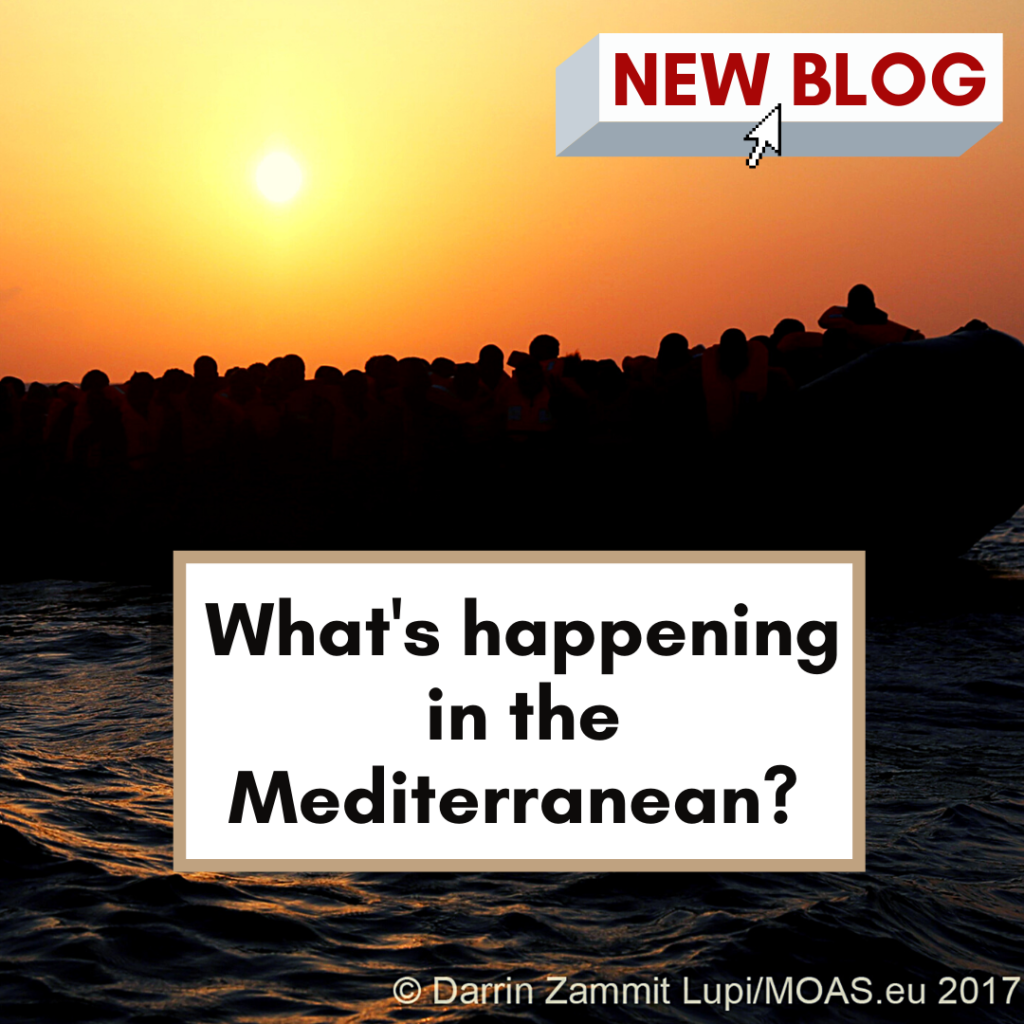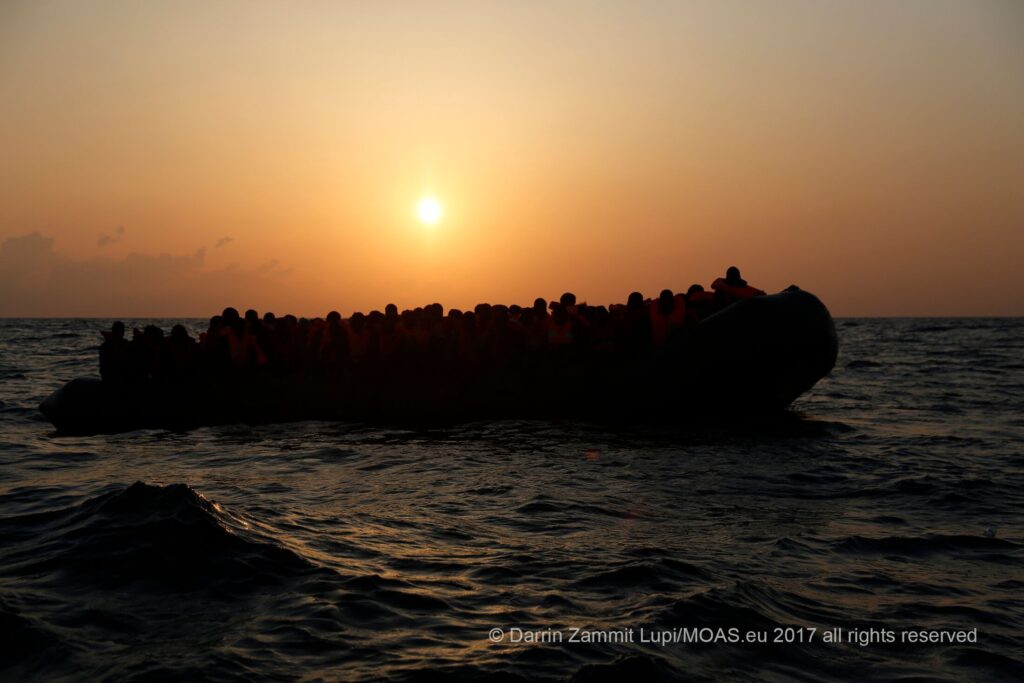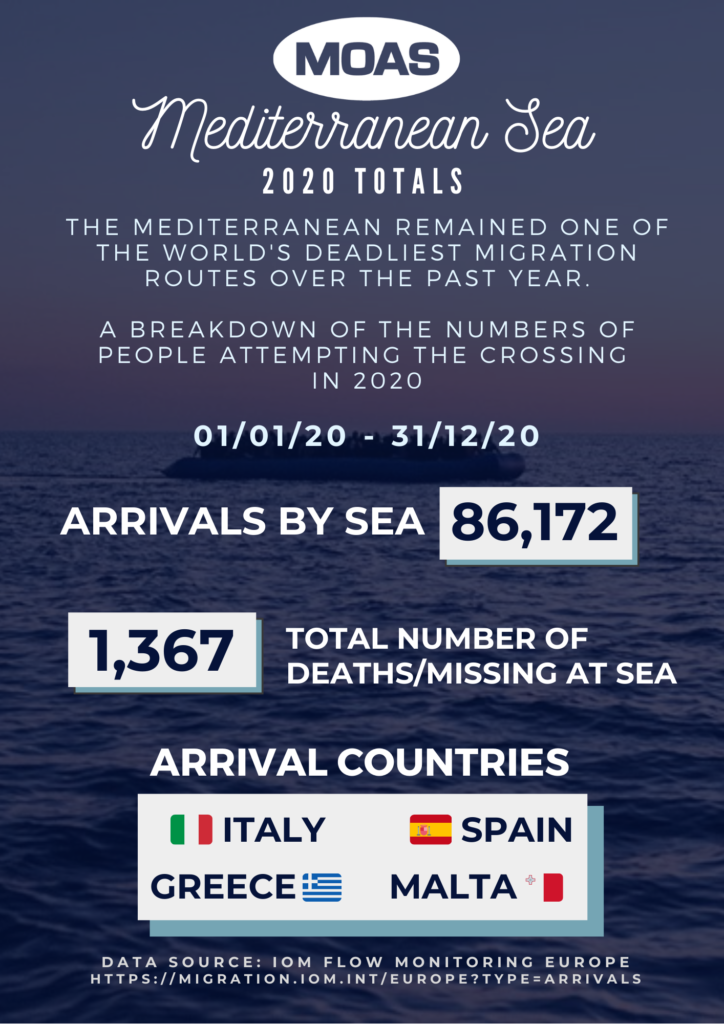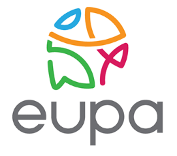A new year has started not long ago and yet what we continue witnessing in the Mediterranean Sea is not that different from what we saw in 2020.
The current situation is not that distant from the last overview of the events in the Mediterranean with continuous arrivals, shipwrecks or and deaths at sea.
2020 ended with dramatic total numbers which we highlighted recently:
IOM Flow Monitoring reported a total of 86,172 arrivals in Europe in 2020, mainly in Italy, Greece, Malta, and Spain. The total number of deaths and missing at sea was of 1,367 people.
The last event of 2020 took place on New Year’s Eve, when 169 people adrift in a wooden boat in international waters north of Libya were rescued by a search and rescue NGO and were allowed to disembark in Italy several days later, together with another 96 people rescued a few days later.
2021 events in the Mediterranean
2021 has just begun and there have already been 3,694 arrivals in Europe by sea and 104 victims only in January (as of 29/01/2021).
One of the latest events of this kind happened on January 23rd, when over 370 people were rescued off the coast of Libya, and then allowed to disembark in Sicily. The number of humanitarian vessels rescuing migrants along the Mediterranean route is very low, making SAR capacities at the moment significantly limited.
After the event of January 19th, when a shipwreck off the Libyan coast claimed the lives of more than 40 people, IOM and UNHCR reiterated the urge for a proper approach to the situation in the Mediterranean. This also includes the need for re-activation of State-led search and rescue operations and an increase in the SAR capacities at sea, a gap currently filled by NGOs and commercial vessels.
The role of the States on the issue is often controversial, as highlighted by the recent finding by the UN Human Rights Committee of Italy’s failure to rescue over 200 migrants in the Mediterranean in 2013, because of a lack of prompt emergency response.
A shift in the approach would also mean the establishment of a safe and predictable disembarkation mechanism and relocation, as well as the end of the returns to unsafe ports, a practice that has been carried out also in 2021. The latest example of migrant pushbacks operated by the Libyan Coast Guard was on January 22nd, when 80 migrants were intercepted on their national waters and forced to go back. 2021 registers the figure of already 300 people who were intercepted by the Libyan Coast Guard and taken back to detention centres in the country according to IOM, who is once again reiterating that migrants should not be returned to Libya as it does not represent a safe country.
Final thoughts: Safe and Legal Routes
This is not just a mere update on the latest events happened in the Mediterranean. These numbers are telling us a story. This is a call to go beyond this and find a solution. We can’t continue reading these dramatic updates on the numbers of people who lose their lives and of those who keep attempting the risky Mediterranean crossing.
We have to stop this from happening. To do so, there is the need to implement alternative pathways of migration that could be safe and legal for people who want to leave their countries. For this reason, MOAS started the advocacy campaign to raise awareness on the importance and need for #SafeAndLegalRoutes of migration so that people don’t have to risk their lives to reach safety.
During 2020, the American artist Kelly White was inspired by MOAS mission and especially by our advocacy for Safe and Legal Routes campaign and decided to support MOAS by creating a marvellous art collection inspired by our work: the “Kaleidoscope of Solidarity”.
The purchase of these amazing pieces will support MOAS missions around the world in support of the most vulnerable communities in areas of crisis. Check the dedicated page to explore the collection!
If you are interested in the work of MOAS and our partners, please follow us on social media, sign up to our newsletter and share our content. You can also reach out to us any time via [email protected]. If you want to support our operations, please give what you can at www.moas.eu/donate/.




